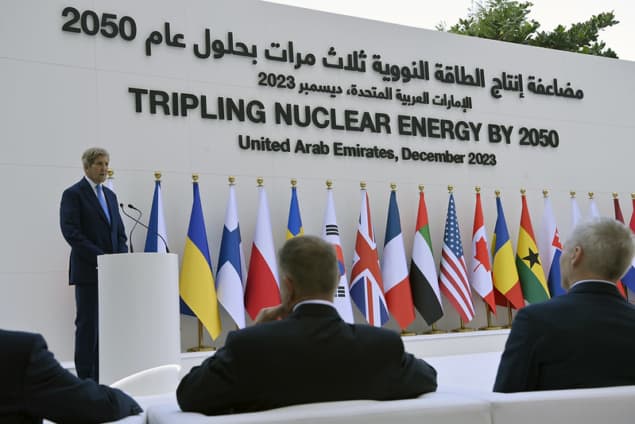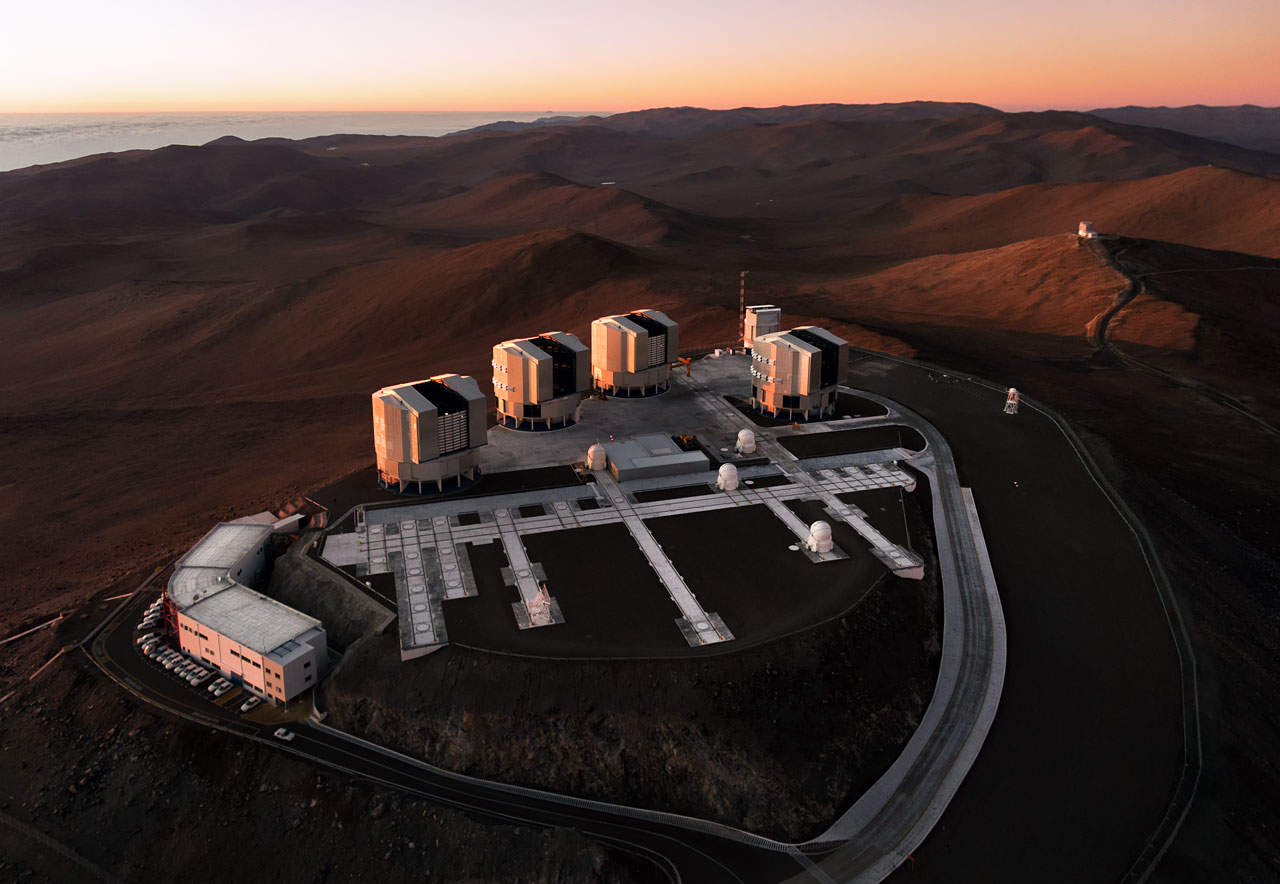US announces international plan to boost commercial fusion energy

The US government has announced ambitious plans to boost collaboration with international partners on commercializing fusion energy as a tool to tackle climate change. The initiative was outlined on Tuesday at the UN Climate Change Conference, COP28, which is taking place between 30 November and 12 December in Dubai, United Arab Emirates.
“We are edging ever closer to a fusion-powered reality,†US climate envoy John Kerry told the COP28 meeting on Tuesday. “At the same time significant scientific and engineering challenges exist [and] careful thought and thoughtful policy is going to be critical to navigate this.â€
The plan involves 35 countries working together on five “overreaching goals†to bring fusion energy to grid. These are: research and development; growing the supply chain and future global fusion market; coordinating international regulatory frameworks to create a secure environment for fusion energy; fostering and strengthening a diverse global workforce; and improving public education and engagement in fusion energy.
Before travelling to Dubai, Kerry visited Commonwealth Fusion Systems, a 2018 MIT spin-off in Devens, Massachusetts, where he noted that fusion energy is no longer “just a science experimentâ€. “Benefitting from decades of investment from the Department of Energy, it is now also an emerging climate solution,†he added. The international plan also comes as the UK and the US signed a cooperation agreement on fusion energy on 8 November.

Fusion industry outlines ambitious plans to deliver electricity to the grid by 2035
Investment in fusion by private companies worldwide has already reached $6bn. The US government notes that the rise in private investment “reinforce[s] the need for global engagement to resolve research challenges and develop international supply chains and workforcesâ€, adding that “timely commercial fusion deployment will benefit from early international coordination on regulatory frameworks and policy implementation to facilitate fusion’s market entry.â€
As expected, private fusion firms have expressed their support for the measures. Michl Binderbauer, chief executive officer of TAE Technologies in California, notes the company is “celebrating†the “support for fusion energy as a new clean energy source of the near future.â€
That is backed up by another California-based firm, San Diego’s General Atomics, which says it “applauds†the engagement initiative. “This plan will support broad international cooperation to develop fusion as a clean energy source for the next generation,†a statement notes.




